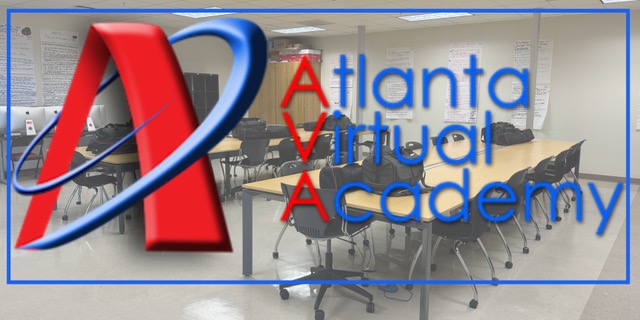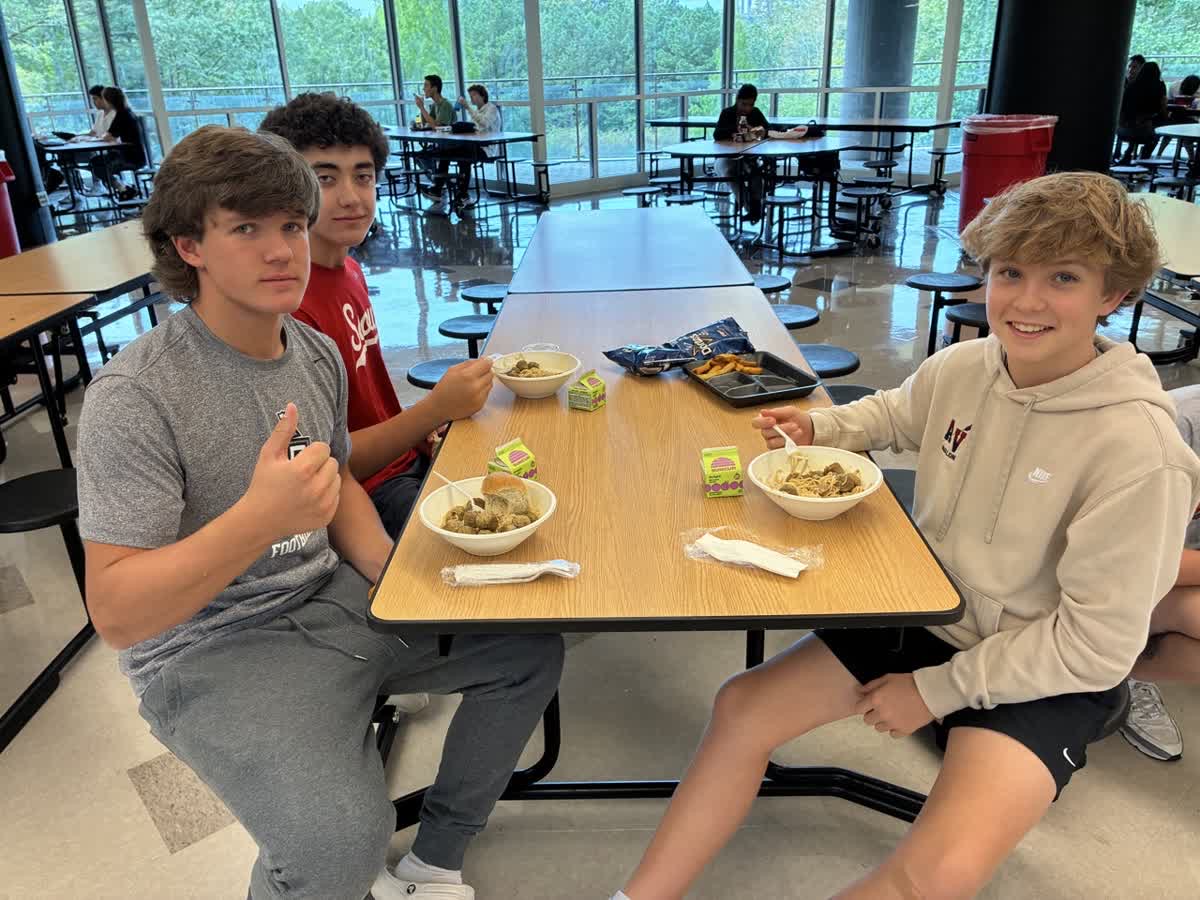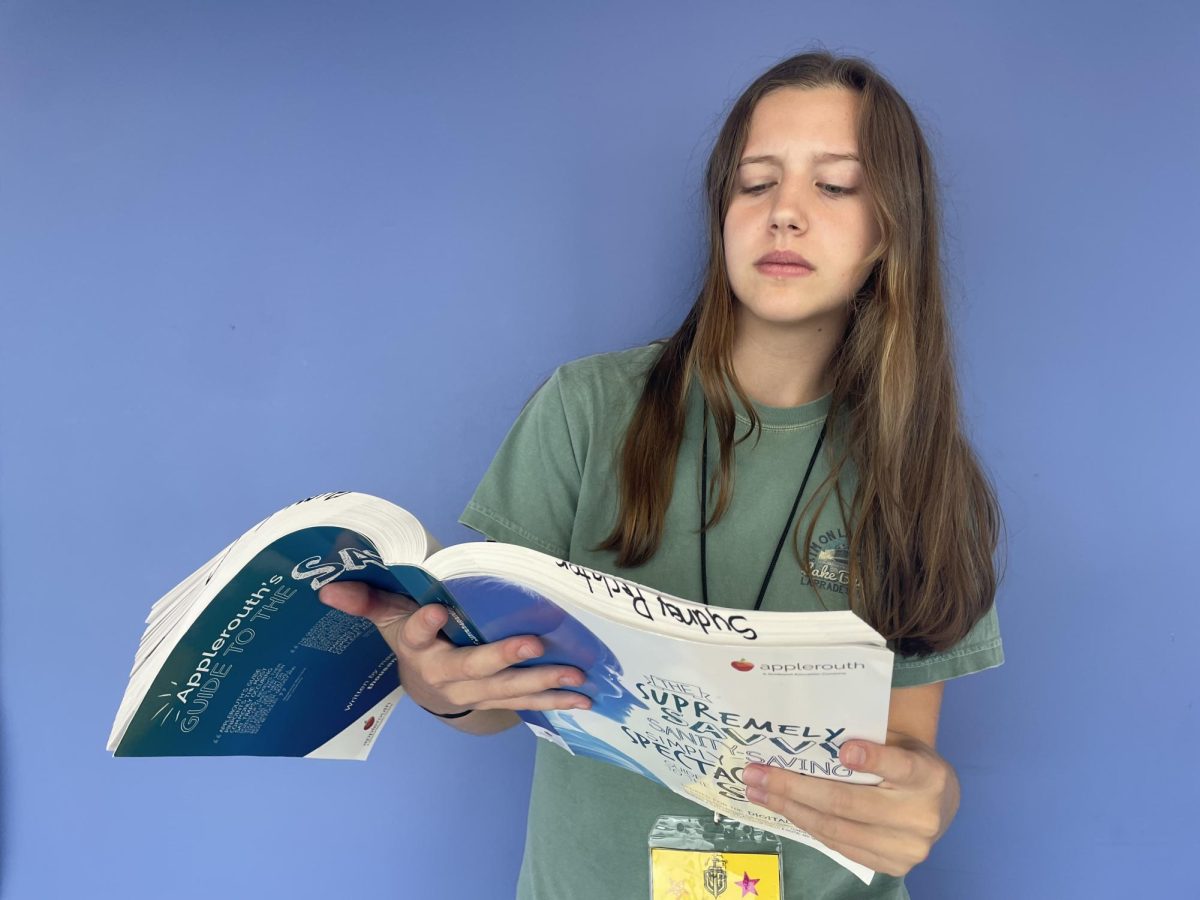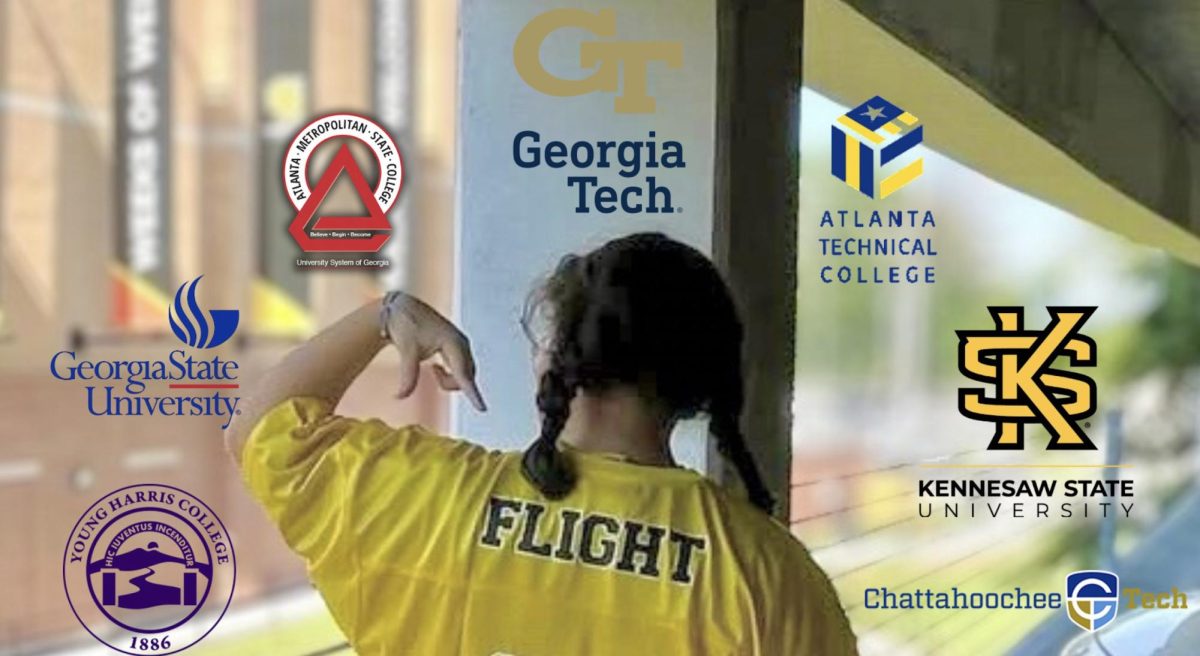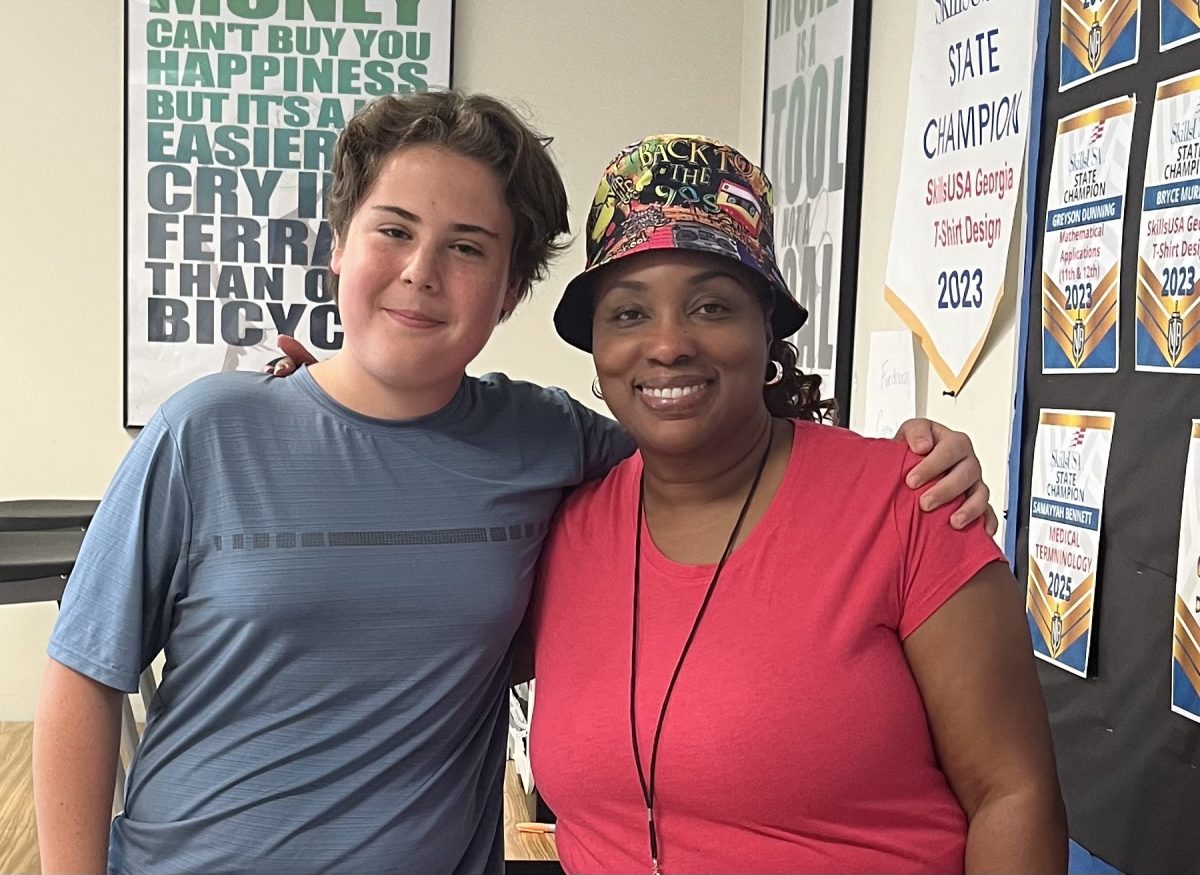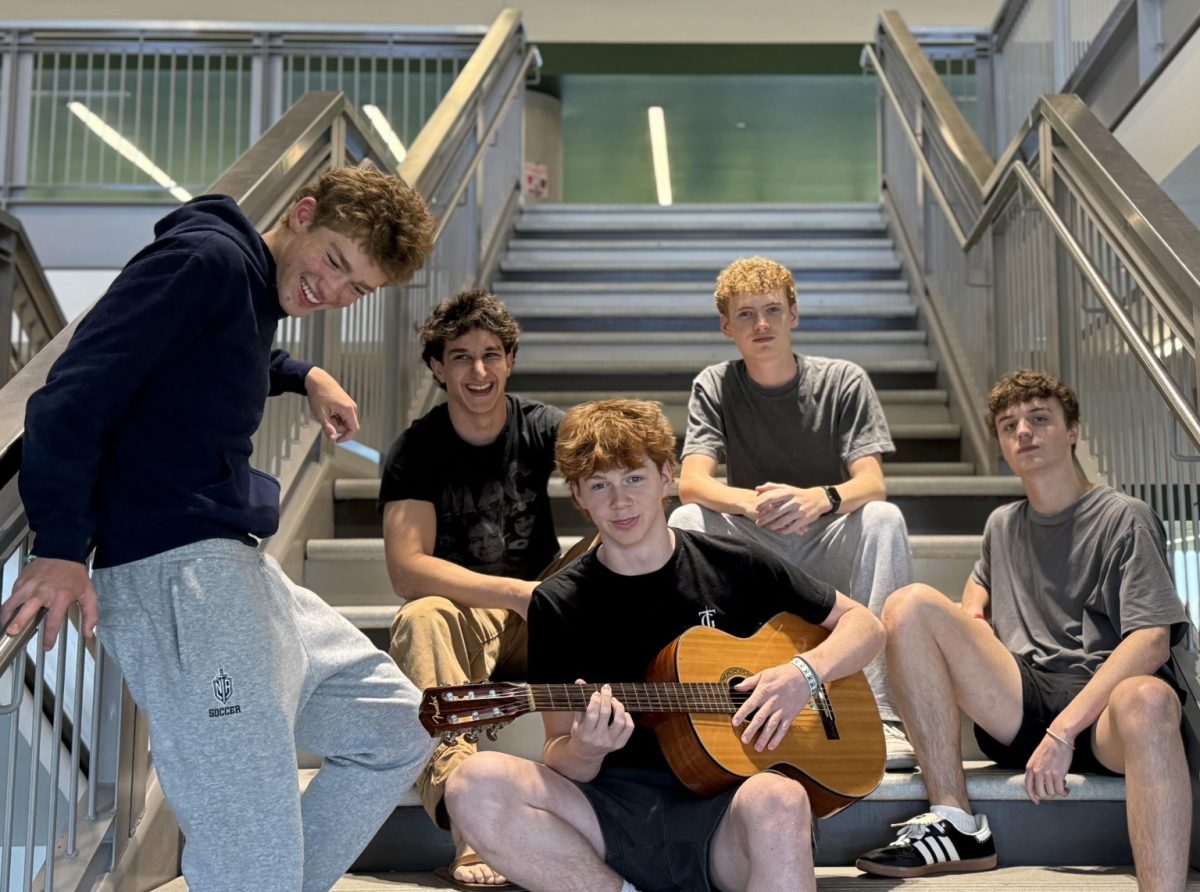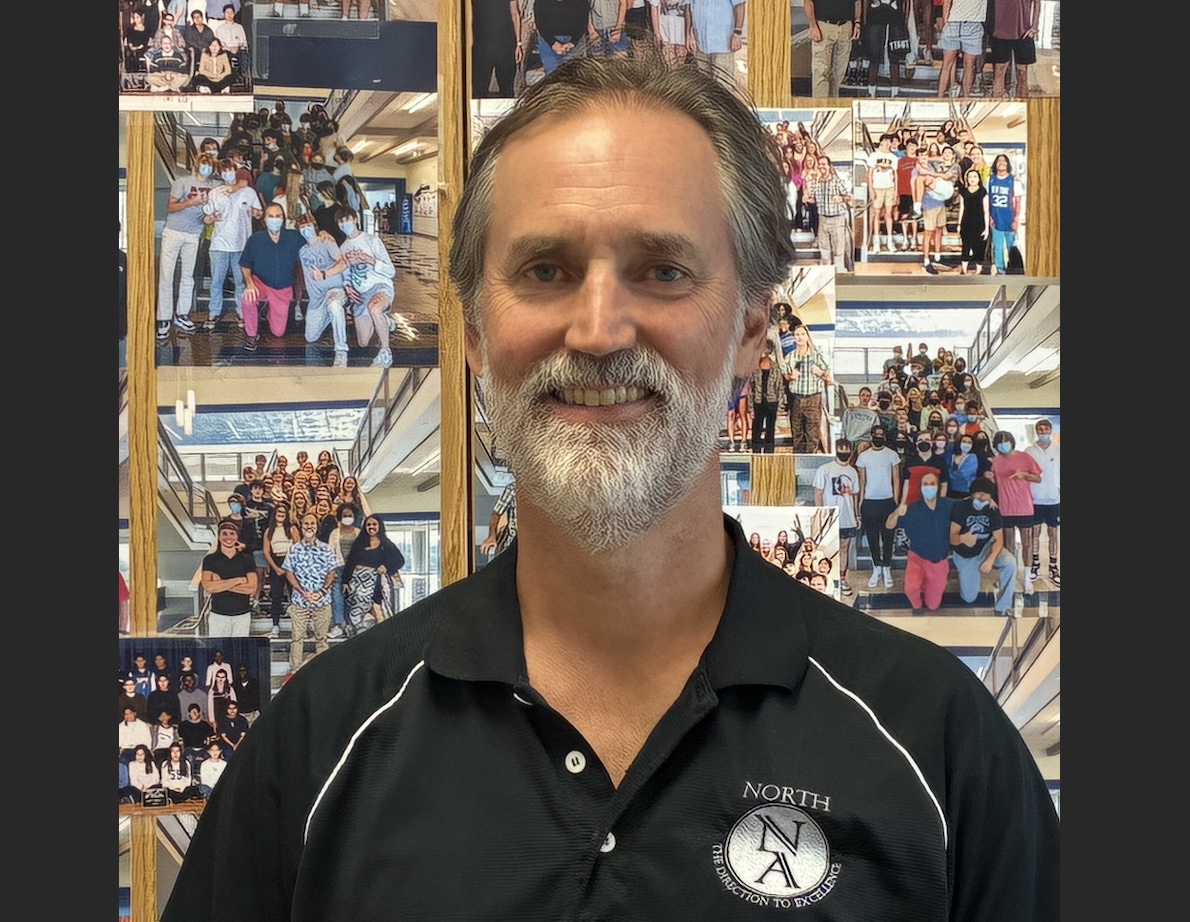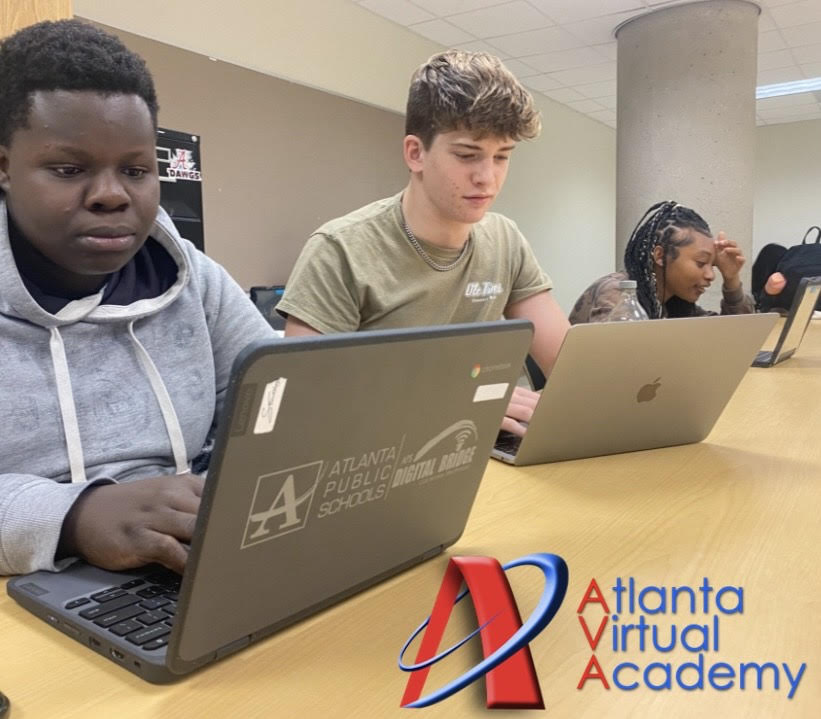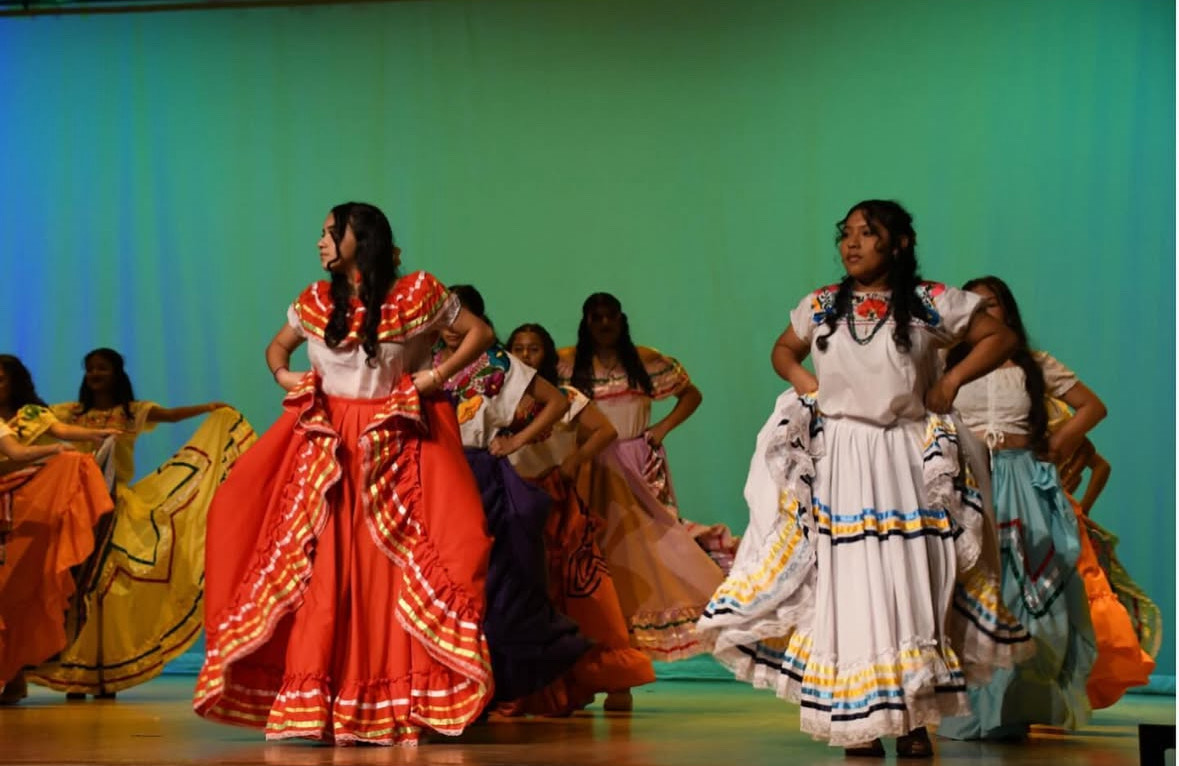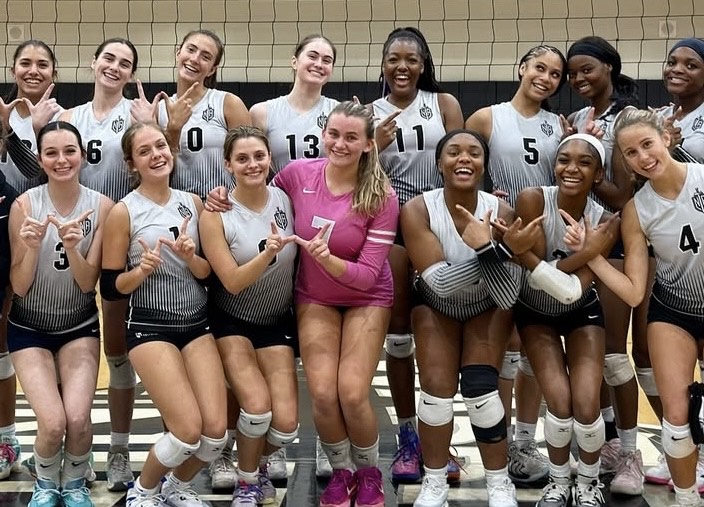Throughout some classrooms of North Atlanta, students can be found with a computer, a pair of headphones, and an adult supervising the class, while they take courses on Atlanta Virtual Academy (AVA). AVA has been introduced to many as an alternative path to achieve course recovery or initial credit, clearing up space for in-person classes that students wish to take. However, for some, the choice of AVA wasn’t theirs, and instead of feeling ahead, they feel unmotivated and behind. There are several factors behind this. A big one is technology. There have been issues with students receiving computers late, despite the course starting on the first day of school. Additionally, a considerable amount of students take AVA within their eight classes, rather than on top of them. These students have been placed in the designated AVA classrooms.
The students occupying these classrooms usually do not have the chance to collaborate with each other, due to many of them taking different classes. They are given videos, assignments, quizzes, and tests like any other class, but there is no true teacher. This means no real connection with an authoritarian figure who will get to know and support them throughout the year. This contrast leaves students without a designated individual to address their concerns.
Lucila Eterovic, a junior, is a student taking an AVA course. Eterovic believes being in a classroom while taking AVA is absurd, acknowledging that if they cannot accommodate everyone to be in a class with a teacher for that course then it shouldn’t be a requirement. One of the most popular required credits to graduate is physics. Eterovic must complete this course on AVA. She describes the environment as silent, with students rarely doing AVA work, and more so the work of other classes. Instructors are present, but do not necessarily reprimand students to do the AVA coursework. Students have decided to use the time in a variety of ways. “I treat it as a study hall, however, no one else is inclined to my same mindset,” said Eterovic.
For Eterovic, physics was a class that she wanted to take in person, but she was instead put in the AVA class. With it being online, lacking a traditional teacher, she believes her connection with the subject has been minimized. She believes this is even worse than quarantine classes because of the lack of interaction that was even had with someone on a Zoom call. “I like the thought of graduating, so I do my AVA work and other classwork there, but something is missing,” said Eterovic.
The continuous frustrations of taking AVA in school may never change but the student’s hopes won’t deteriorate. This poses the question: why would they be put in a room with a normal class size, a monitoring adult, yet all are taking different classes? Why not let them fill that period with a different class while taking AVA outside of school, boosting their transcript and educational journey?


